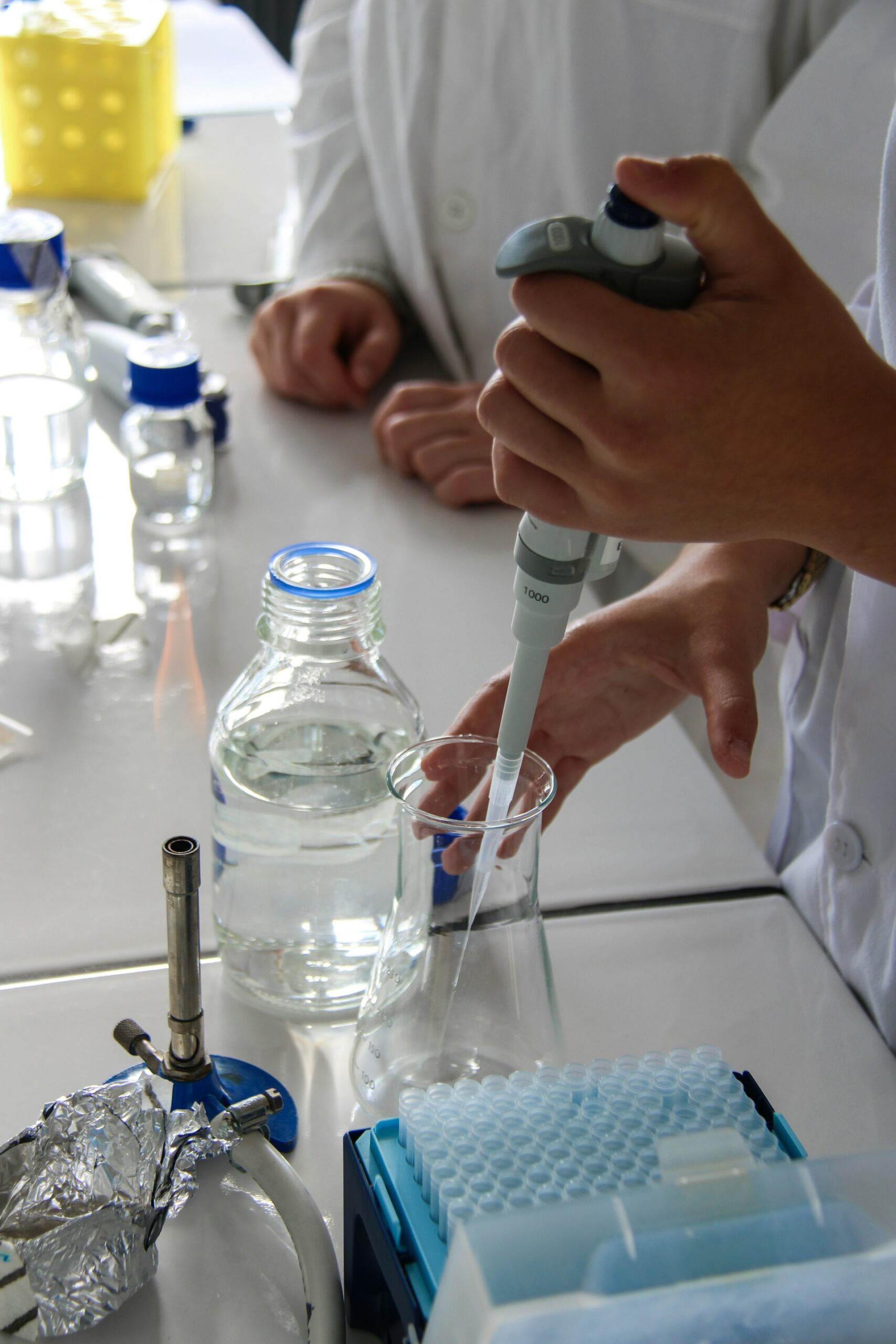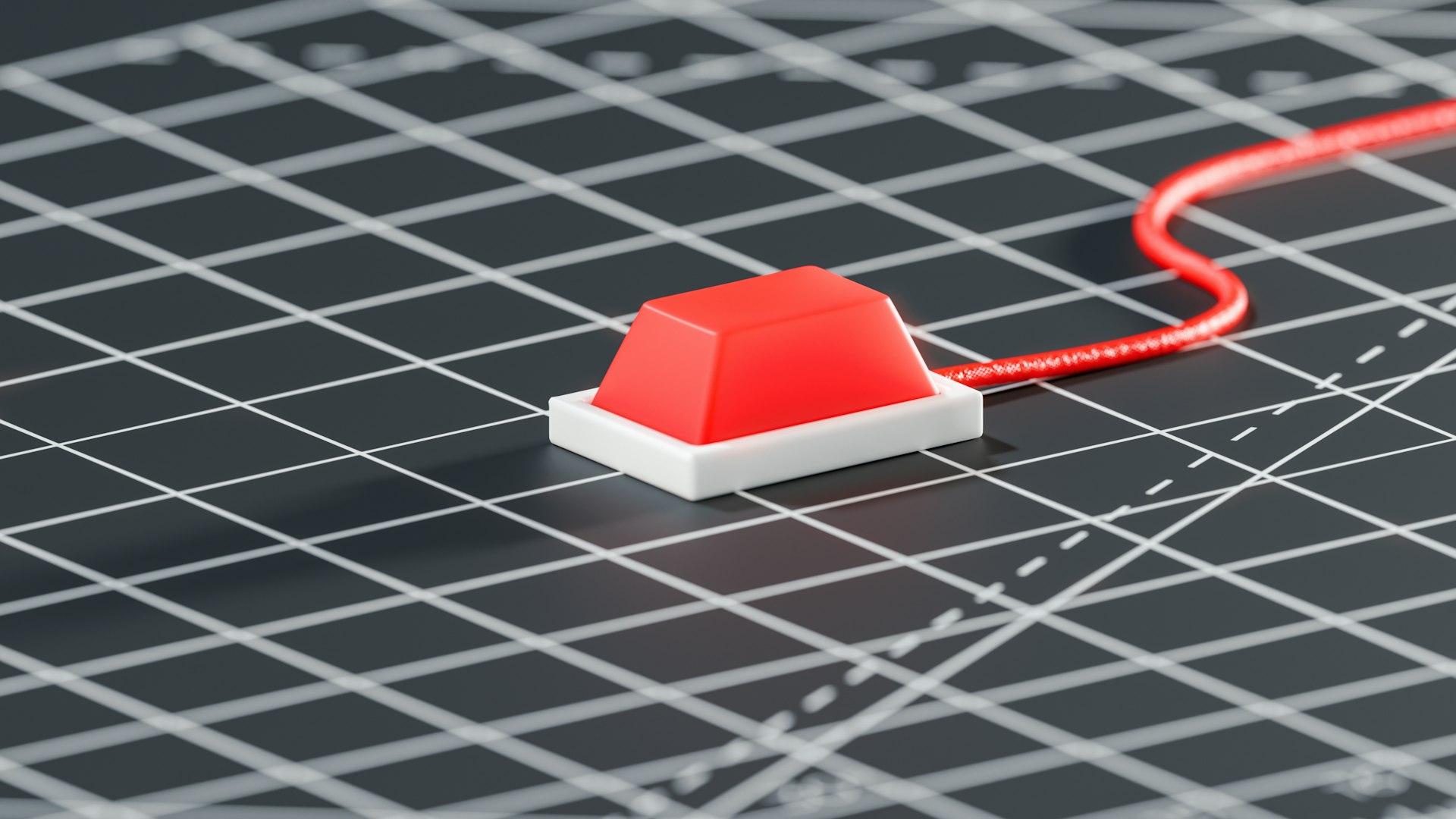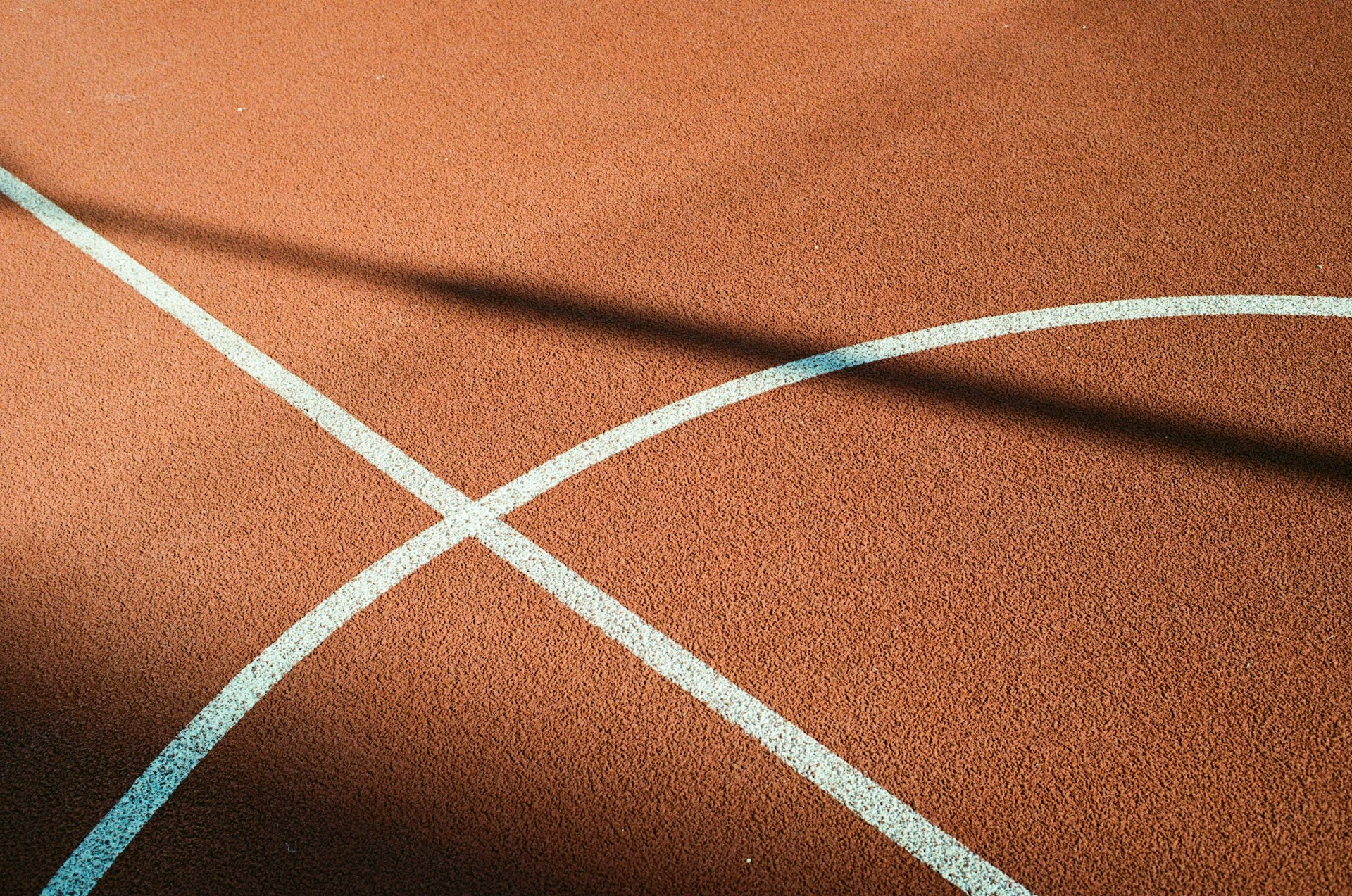Unlocking Peak Performance: How Sleep Science Transforms Athlete Recovery

Photo by Imtiyaz Ali on Unsplash
Introduction: The Crucial Link Between Sleep and Athletic Recovery
In the pursuit of peak human performance, athletes and coaches often focus on training regimens, nutrition, and advanced recovery techniques. Yet, one of the most powerful tools for maximizing recovery and performance is also the most overlooked: quality sleep . Advances in sleep science have revealed that optimizing sleep is not just beneficial-it is essential for athletes who want to recover faster, perform better, and reduce injury risk. This article explores the science behind sleep and its impact on athlete recovery, with detailed, actionable guidance for implementing sleep strategies in any athletic program.
The Science of Sleep: How the Body Repairs and Recharges
During sleep, the body undergoes a series of complex physiological processes that are critical for recovery. Deep sleep, also known as slow-wave sleep (SWS), is the stage where the majority of physical repair occurs. During this time:
- Muscle tissue is repaired and rebuilt, helping athletes recover from intense workouts and injuries.
- Growth hormone is released, which supports muscle growth and recovery.
- Glycogen stores are replenished, restoring the body’s energy reserves for the next bout of activity.
When athletes get insufficient or poor-quality sleep, they experience slower recovery, increased muscle soreness, impaired cognitive function, and even a higher risk of injury. Studies show that athletes who spend at least half their sleep time in deep sleep are better able to recover and maintain high performance levels [1] .
Why Sleep Quality Matters More Than Quantity
While most adults require 7-9 hours of sleep per night, athletes may need more due to the increased demands placed on their bodies. However, the quality of sleep-specifically, the time spent in deep and REM (rapid eye movement) stages-is just as important as quantity. During these stages, the body undergoes the most significant restorative processes:
- Deep sleep (NREM Stage 3) is linked to physical restoration, growth hormone release, and immune function support.
- REM sleep aids in mental recovery, consolidating new skills, improving memory, and supporting emotional balance.
Research highlights that sleep deprivation or frequent interruptions can lead to slower reaction times, reduced focus, and increased cognitive errors-all of which can negatively impact athletic performance and increase the risk of injury [2] .
Practical Strategies for Improving Athlete Sleep
Optimizing sleep is a multifaceted process that involves more than just spending extra time in bed. Here are step-by-step strategies athletes and coaches can implement:
- Establish a Consistent Sleep Schedule: Go to bed and wake up at the same times every day, even on weekends. This helps regulate the body’s internal clock and can improve sleep quality over time.
- Create a Restful Sleep Environment: Keep the bedroom cool, dark, and quiet. Limit screen use before bedtime, as blue light can disrupt the secretion of melatonin, a hormone that regulates sleep cycles.
- Incorporate Relaxation Techniques: Activities such as reading, light stretching, or meditation before bed can help the body transition to sleep more easily.
- Monitor Caffeine and Nutrition: Avoid caffeine and heavy meals in the hours leading up to sleep. Focus on balanced nutrition throughout the day to support energy and recovery.
- Track Sleep Patterns: Use a sleep journal or wearable technology to monitor sleep duration and quality. This can help identify patterns or habits that may be affecting rest and recovery.
For athletes experiencing persistent sleep issues, consulting a medical professional or undergoing a sleep study may be beneficial. Sleep studies can help diagnose underlying conditions such as sleep apnea or insomnia, which can severely impact recovery and performance [3] .
The Mental Edge: Cognitive and Emotional Recovery Through Sleep
Sleep is not only vital for physical recovery but also for cognitive and emotional resilience. During sleep, the brain clears metabolic waste, consolidates learning, and strengthens neural pathways associated with new skills. In sports that require quick decision-making and strategic thinking, adequate sleep is directly linked to improved reaction times, better focus, and stronger mental health.
Research shows that athletes deprived of sleep are more likely to experience mood disturbances, irritability, and decreased motivation, all of which can hinder performance and recovery. Prioritizing sleep, therefore, is essential for building both physical and mental stamina [2] .
Preventing Injuries and Prolonging Athletic Careers
One of the most significant benefits of sleep is its role in injury prevention. Athletes who consistently get sufficient, high-quality sleep experience fewer injuries and recover faster from existing ones. Adequate rest supports the immune system, reduces inflammation, and allows the body to repair microtears in muscle fibers-key factors in maintaining long-term health and extending athletic careers [1] .
For those seeking to implement sleep optimization in their training program, it is important to:
- Conduct regular assessments of sleep habits
- Identify and address barriers to quality sleep, such as travel schedules, competition stress, or technology use
- Educate coaches, trainers, and athletes on the value of sleep science for injury prevention
Accessing Professional Sleep Resources
Athletes interested in taking their recovery to the next level can pursue several pathways to personalized sleep guidance:
- Consulting with a sleep specialist: Many hospitals and sleep clinics offer consultations and overnight studies tailored to athletes. You can search for accredited sleep centers through major hospital networks or sleep disorder associations.
- Using certified sleep tracking devices: Fitness wearables from established brands provide sleep analytics, though results should be interpreted with professional input for accuracy.
- Engaging with sports medicine professionals: Teams and clubs often work with sports medicine doctors who can provide referrals and coordinate holistic recovery plans.
If you are looking to find an expert near you, consider contacting your local hospital or sports medicine clinic and asking for their sports sleep health services. You can also visit major hospital websites and search for “sports sleep medicine” or “athlete sleep study” to explore available offerings.
Overcoming Challenges: Common Obstacles and Solutions
Implementing sleep science strategies can be challenging, especially for athletes with rigorous schedules, frequent travel, or high stress. Common obstacles include:
- Late-night competitions or early morning training sessions disrupting sleep schedules
- Travel across time zones causing jet lag and sleep disturbances
- Performance anxiety or stress interfering with relaxation before sleep
To address these, athletes can:
- Gradually adjust sleep schedules ahead of travel
- Use light exposure strategically to reset internal clocks
- Practice mindfulness and stress-reduction techniques
- Work with coaches to adjust training when possible to prioritize sleep
Remember, solutions may require customization based on individual needs and should be adjusted as necessary with professional support.

Photo by Brett Jordan on Unsplash
Alternatives and Additional Recovery Approaches
While sleep is foundational, it should be part of a broader recovery ecosystem. Other modalities such as nutrition, hydration, active recovery, and mental health support all contribute to optimal recovery. However, none of these can fully compensate for the negative effects of chronic sleep deprivation. Athletes should view sleep as the cornerstone upon which all other recovery strategies are built [4] .
Key Takeaways
Leveraging sleep science can have a transformative impact on athlete recovery and performance. Athletes, coaches, and support teams should prioritize sleep as a non-negotiable aspect of training, using evidence-based strategies to enhance both sleep quality and duration. Professional guidance is available through sleep clinics and sports medicine networks for those seeking tailored solutions. By investing in sleep, athletes gain a crucial advantage-faster recovery, fewer injuries, and a mental edge that can define careers.
References
MORE FROM searchhole.com













